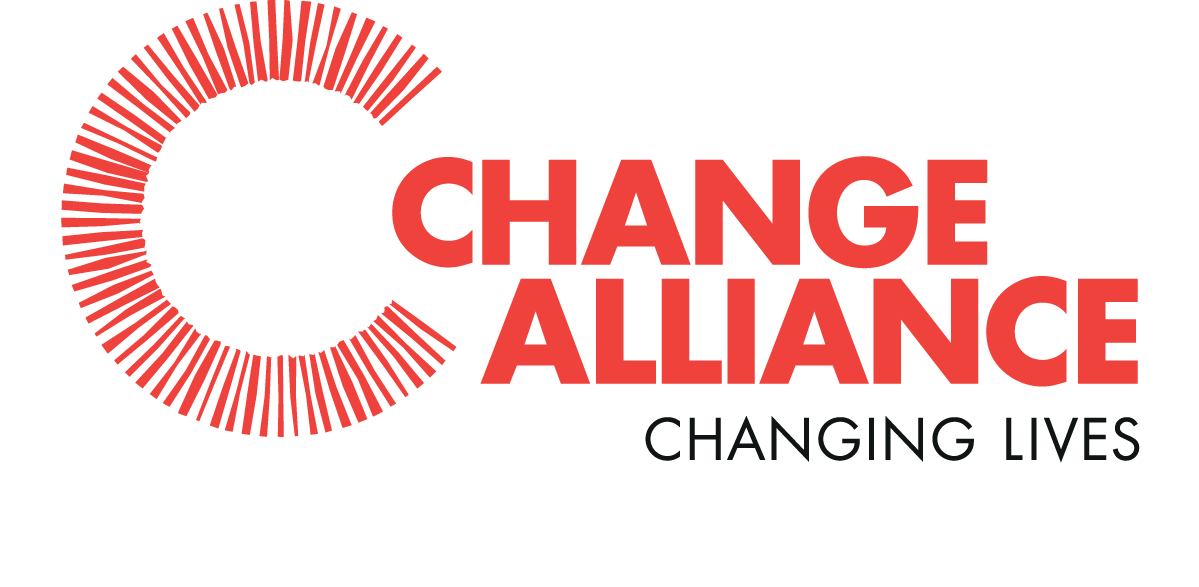Background
In January 2021, World Bank had projected that COVID-19 could push an additional 119 million to 124 people into extreme poverty with 60% of that population living in South Asia. Indeed, the socially excluded and marginalized sections of people in India have faced the double-impact of COVID-19; it has made poverty worse for them due to loss of livelihoods and has affected the hard-earned gains in social equality and inclusion. A large population from this section of society in India work on relatively low wage jobs in states outside their home states, thus termed as “interstate migrants”. These migrants form part of India’s large informal workforce, which formed 75 per cent of the 122 million jobs lost during COVID-19. Women, as a distinct category, faced an additional household burden and increased domestic violence as reported by India’s National Commission for Women.
This assumes significance for Change Alliance as a social impact consultancy organisation in India, as working with the socio-economically marginalized population is a stated goal of Change Alliance. We have a dedicated vertical of Gender, Diversity and Inclusion with focus and thrust on activities directly benefitting the population from these strata of society. We conducted two critical surveys for UNDP focused on understanding the impact of COVID-19 on migrant workers in Jharkhand which aided their programming priorities for India.
